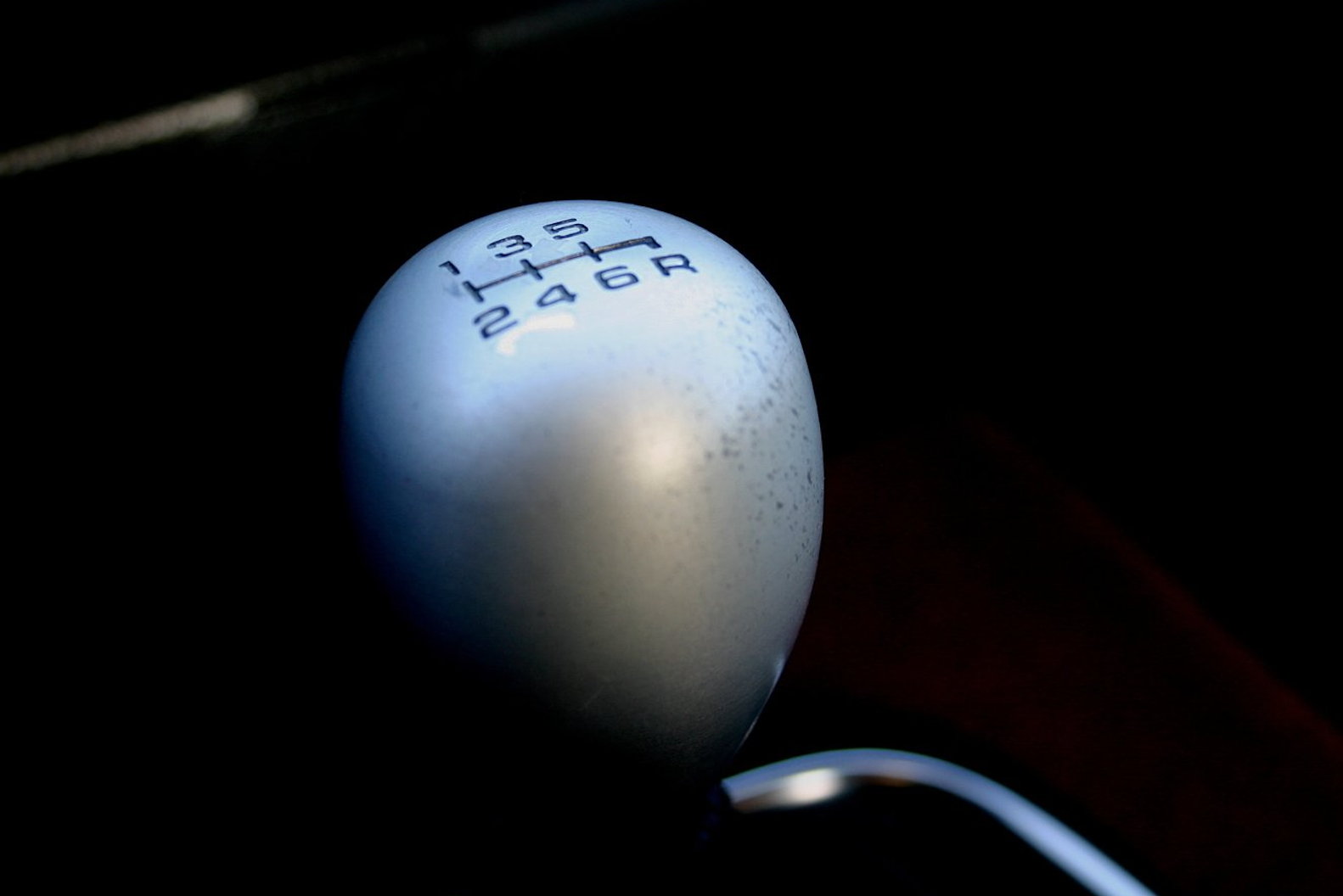I’ve never owned a car with a standard transmission because I can’t afford it. I’m not referring to the cost of buying such a car. I mean that, given my ineptitude at shifting gears, I’d be replacing clutches on a monthly basis.
I do realize this illustration makes little sense to some people who have never driven a car with a stick shift. I’ve tried to find a current alternative like “turning on your phone before opening an app.” It doesn’t work as well. Sorry.
There’s a unique dynamic at play when you try to shift gears without first stepping on the clutch. Two words immediately come to mind: Noise and Money. If you forget to step on the clutch, the loud grinding of expensive gears will wake you up in a hurry.
In a similar way, in some evangelistic situations, if we try to “shift gears” from a non-spiritual conversation to topics like Jesus, faith, eternal life, “spiritual things,” or “if you were to die tonight…” there may be some horrible noise or painful expense. I think we can make better progress by stepping on a pre-evangelistic clutch before shifting to discussions of eternal significance.
I’ve written about this briefly in a previous blog and more extensively in chapter 6 of my book Bringing the Gospel Home. I keep returning to this idea because I think it’s increasingly necessary in our post-Christian context. It can make a world of difference between a conversation that gets shut down before it begins and one that moves forward in gracious, life-changing ways.
Here are a few sample “clutches” that might smooth the way for fruitful evangelistic conversations:
• The clutch of permission: “I wonder if you’d ever be willing to talk about spiritual issues sometime. We’ve touched on it a few times. Would you be interested in exploring this further?”
• The clutch of maybe: (after they say something that challenges our faith, such as, “I think the Bible got messed up as it got passed down from generation to generation”). “Well, maybe. Have you looked into this? There might be some evidence to show it didn’t get corrupted.”
• The clutch of listening first: “How would you describe your faith or religious background? What kinds of things have shaped the way you think about spiritual things? I’d be curious to hear.”
• The clutch of wondering: “Do you ever wonder if there’s some kind of design to the world? I wonder why so many people keep asking questions about meaning in life. Do you?”
As you can see, this takes time. But if God is really the one who orchestrates people’s conversions, and he’s been working on it “before the creation of the world” (see Eph. 1:4), we can pause long enough to step on the clutch before shifting gears.



